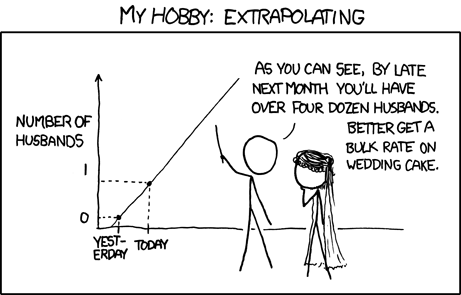Last month, I was very fortunate to accompany Andrew Little as he traveled for five days of meetings in Washington and New York.
The trip was to assist Andrew in his preparation to become Prime Minister. For many years, opposition leaders have had travel funds available for this specific purpose. It’s important for New Zealand that their new PM is ready to go, across all facets of their job, on day one.
Andrew engaged with Administration and Hill leaders on the US / New Zealand relationship and on US views about major global issues. He talked with the UN about what they may need from New Zealand in future years. He learned from the policy insights of leading think-tanks. And he engaged with some of the US progressive community as they prepare to battle for Americans’ support once more.
Being in the room for a wide-ranging agenda like this, in two of the world’s most important centres of power, is a professional prize for an anorak like me. But it was also a really good chance to see New Zealand’s next Prime Minister in action on the international stage.
Biased as I am, I can honestly say I was impressed. Here’s why:
Openness: Andrew specifically wanted to hear from all sides of the major debates. He’s not a guy who wants to hear from only people who agree with him. That’s why he insisted on engaging about future of work issues not just with the AFL-CIO (America’s union movement) and other progressive think tanks, but also with world-leading economist Jeffrey Sachs, and with senior staff at financial institutions in New York including Westpac, Goldman Sachs, and Barclays Capital. (I’d be interested to see whether John Key’s engage much with offshore union movements on his economic missions …)
Andrew also met with pro-TPP leaders in the administration and on Capitol Hill as well as more hesitant Members of Congress, and lobbyists on both sides of the issue.
Andrew wants to hear all the arguments, and engage with people from all points of view. Obviously he won’t agree with everyone, but every major view gets an airing. When Andrew says he wants to be a “Prime Minister for every New Zealander” I think that’s what he means.
Authenticity: Andrew didn’t pander to anyone. Last year he made a forceful public argument about the how the TPP undermines our sovereignty. In Washington and in private, he made the exact same argument – and just as powerfully – when he met a senior official (and the chief TPP negotiator) from the US Trade Representative. Having seen that consistency across multiple topics now, I’m happy to trust that the points he makes in my hearing are also the points he makes when I’m not around. That’s comforting – and sadly becoming all too rare – in a political leader.
Intellect and stamina: Andrew was the centre of attention for 40 high-level meetings across five days. Some were half an hour, others an hour and a half. Each meeting had a new brief; each briefing had a new set of potential issues coming from the other side. Of those 40 calls, only one was based mainly on Andrew’s personal interests – a really lively discussion with US Supreme Court Judge Stephen Breyer. The other 39 were all business.
As a staffer in those meetings, I had it easy. If the subject matter was labyrinthine or outside my comfort zone, I could concentrate on getting the notes right but didn’t need to follow every comment, and knew the heat wouldn’t suddenly turn on me. To wit: My notes tell me Andrew met at one point with a “CTED / CTITF roundtable about ongoing UNSC / UNGA cooperation under UNSC 1292, 2168 in building global capacity to combat ISIL.” I’m still not totally sure what that sentence means.
Andrew wasn’t so lucky. Across a massively broad sweep of topics, the heat was always on him. His views received the most attention in the room. Any slip and everyone would notice. Every comment was directed mostly at him. He was under permanent scrutiny, both in what he said and how he said it. And he carried it off with ease. Competent, confident, almost casual.
For me, two of the best indicators of someone who can step up from MP to PM are their ability to engage deeply across a wide range of issues, and their ability to cope with the demands of sustained periods in the spotlight.
On the strength on my week staffing him in the US, Andrew passes those tests easily. Open, authentic, smart, hard-working. That’s what every country looks for in its leader.


